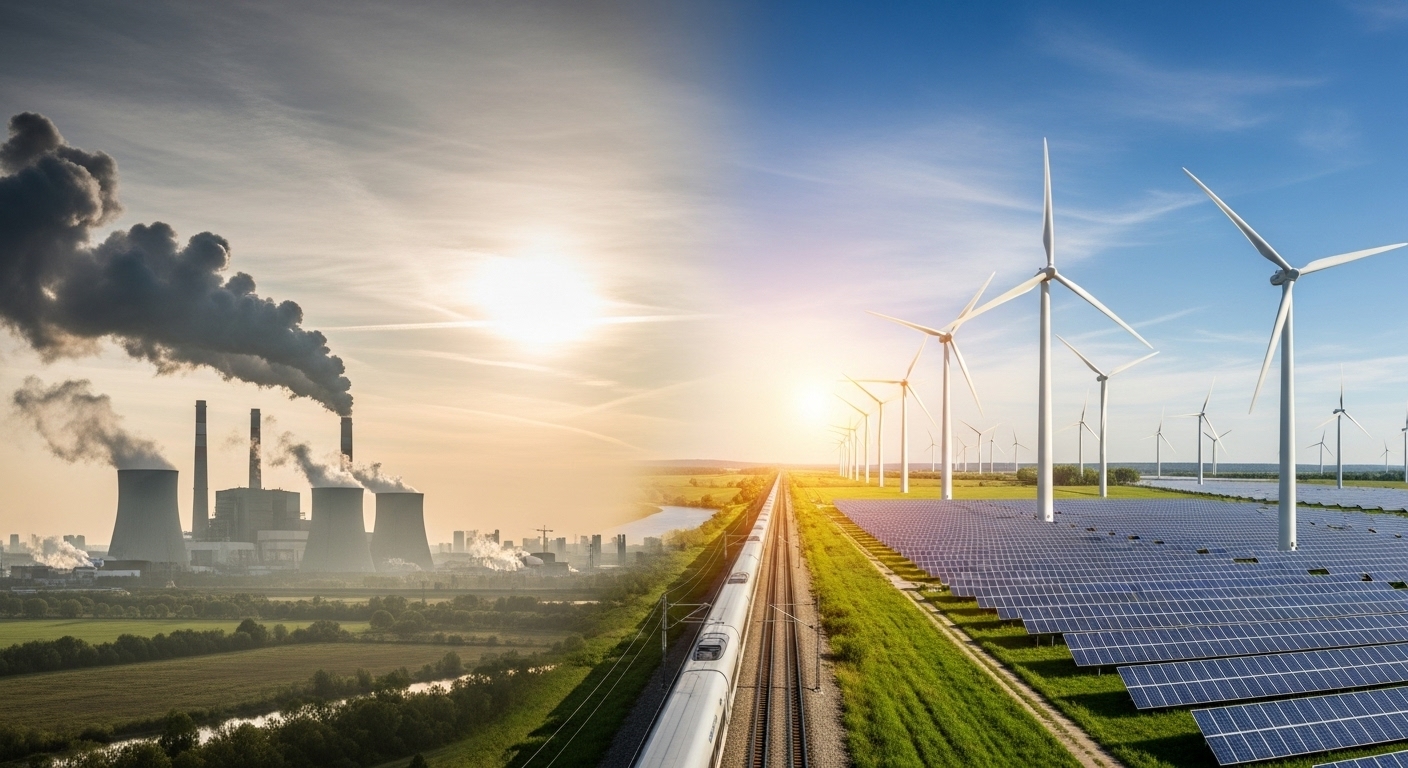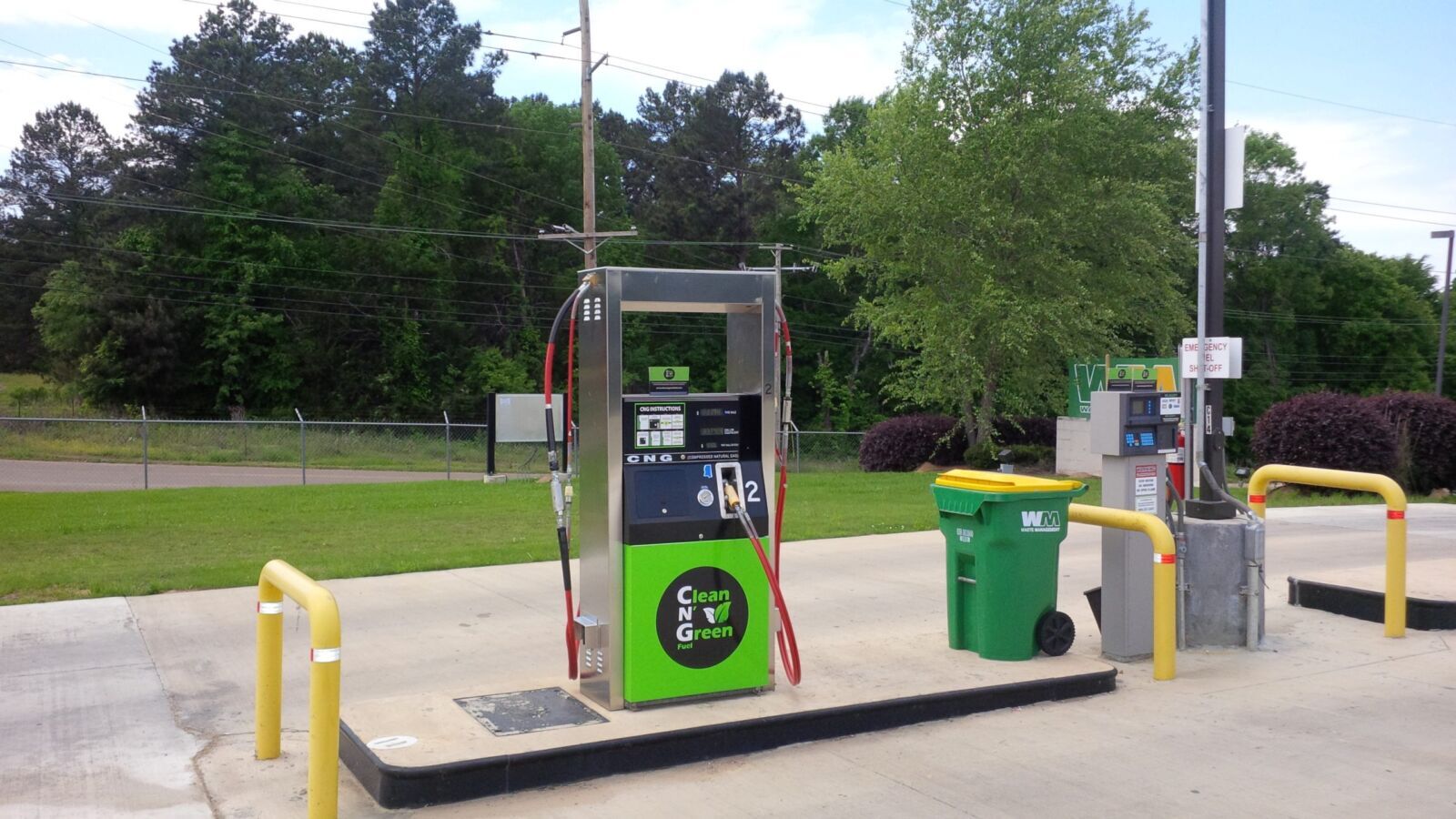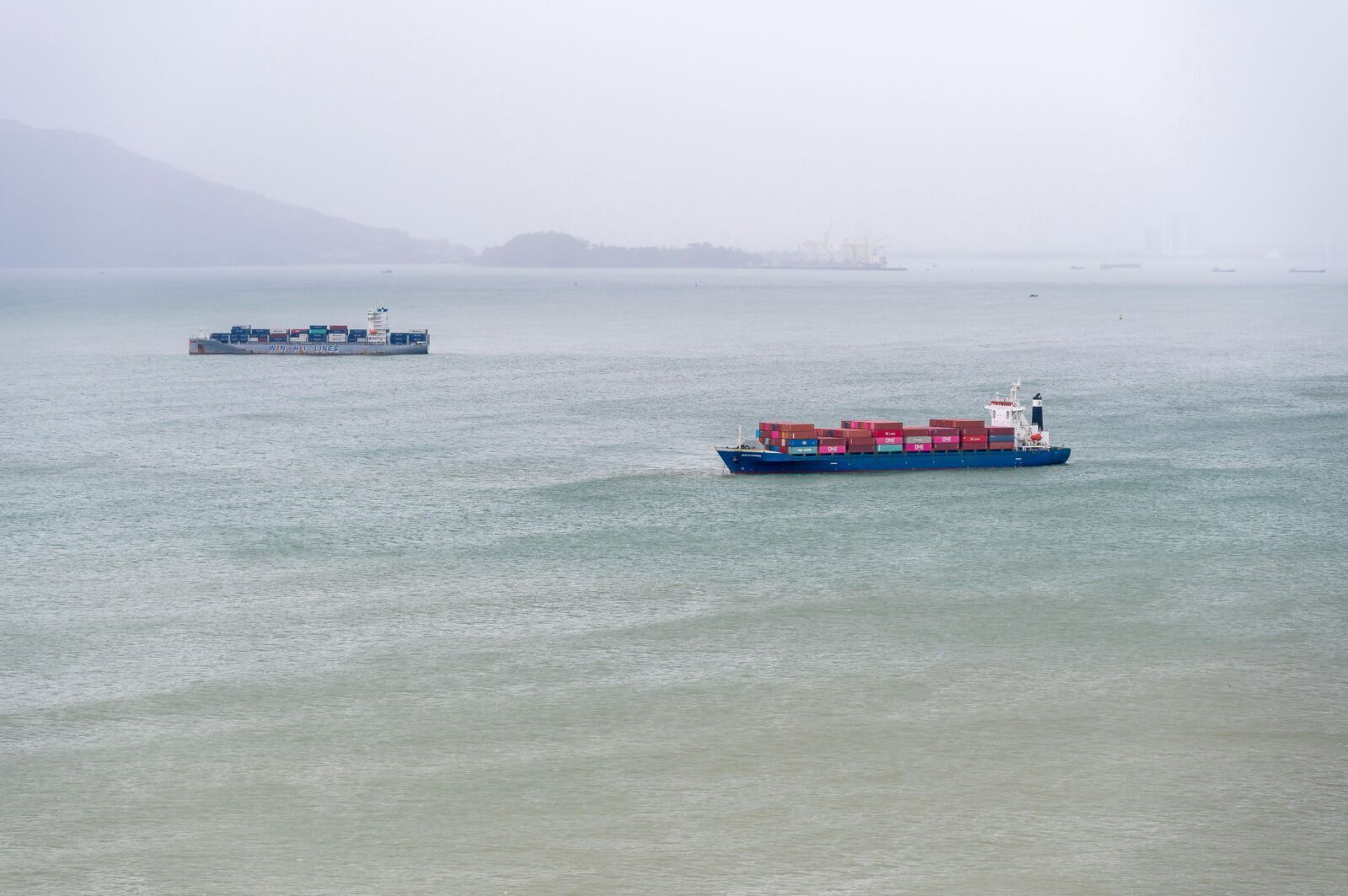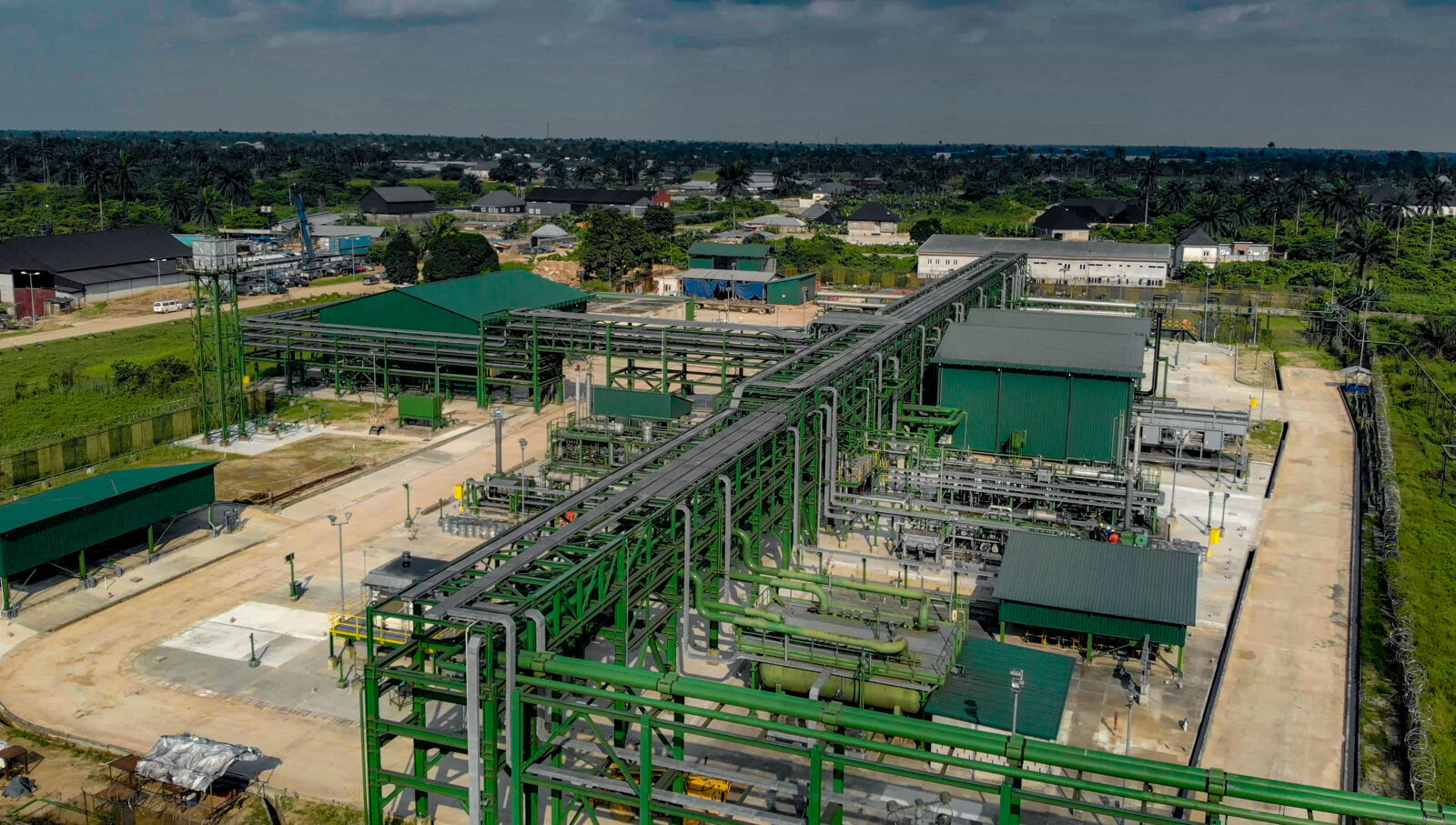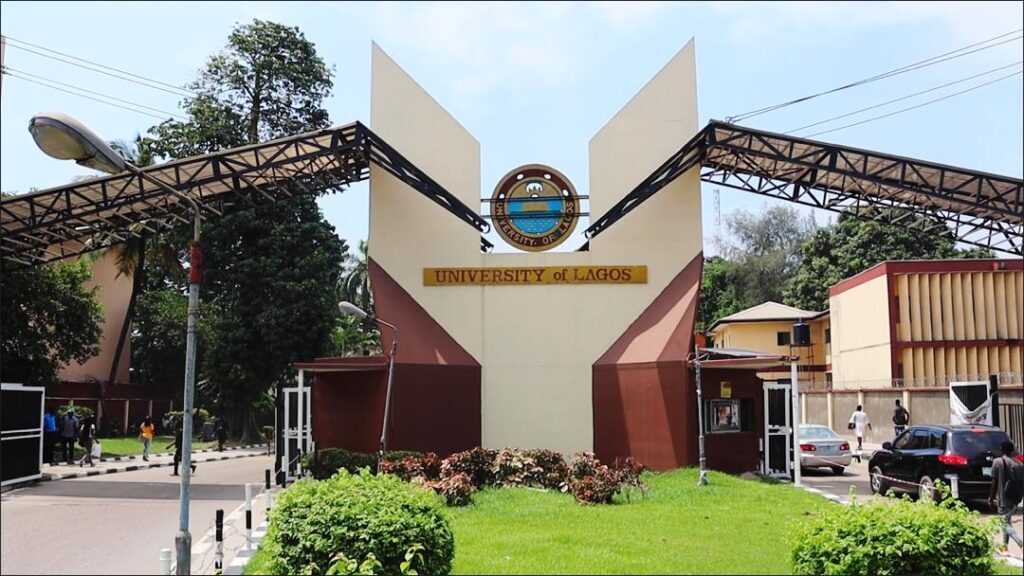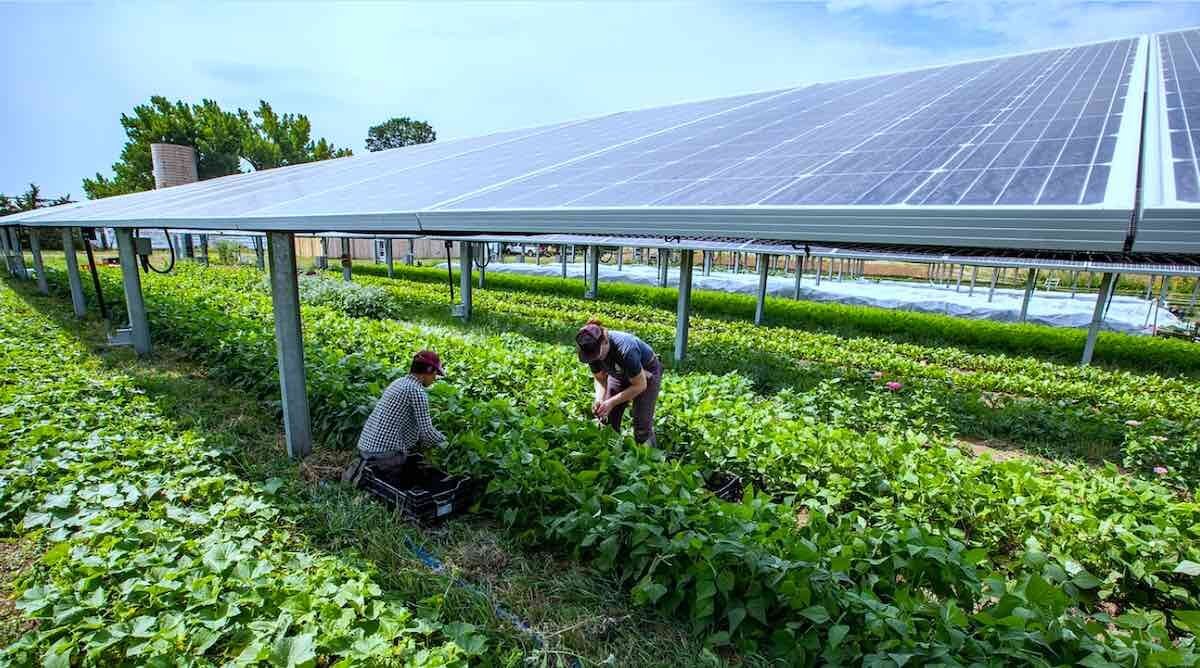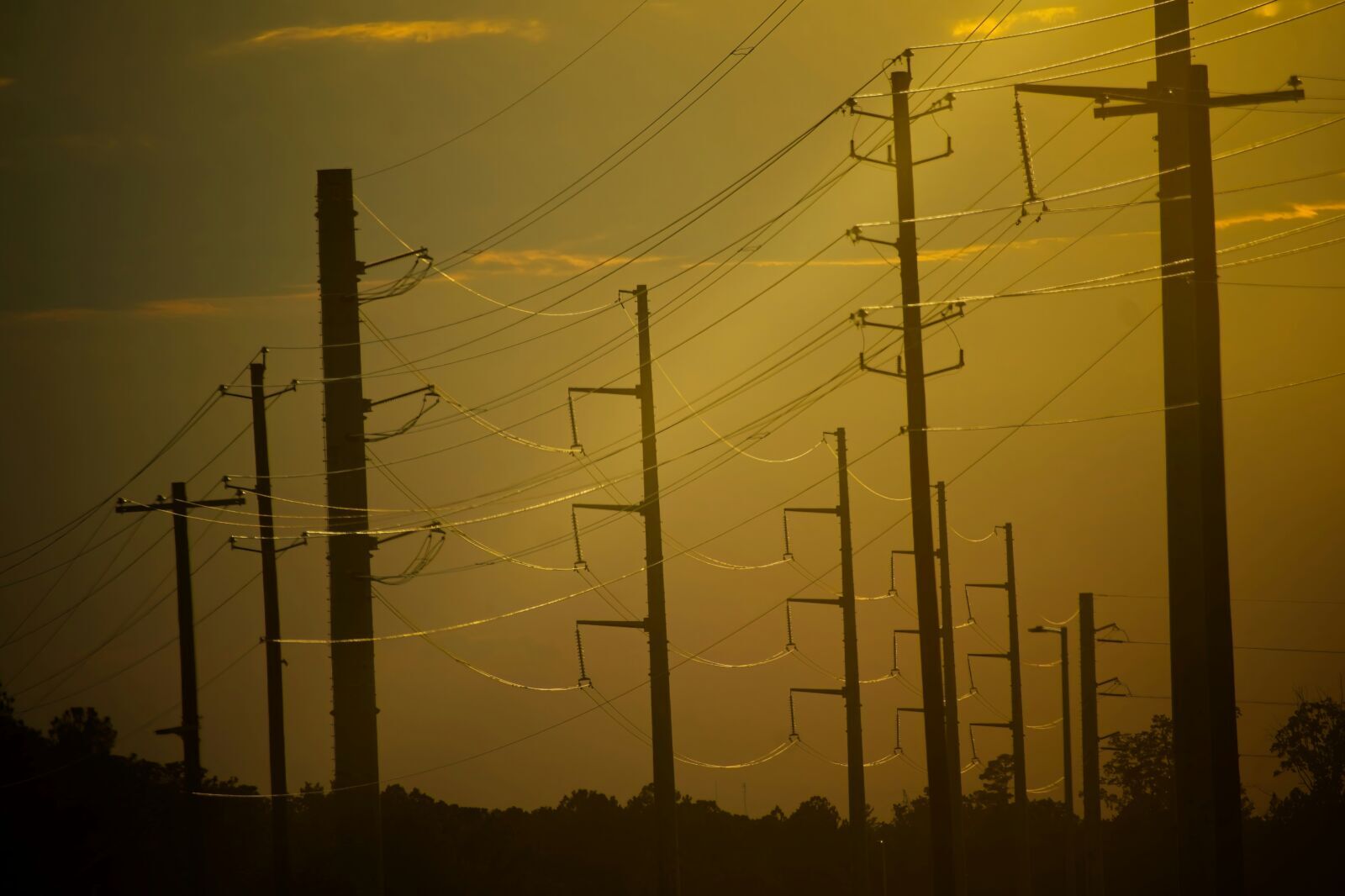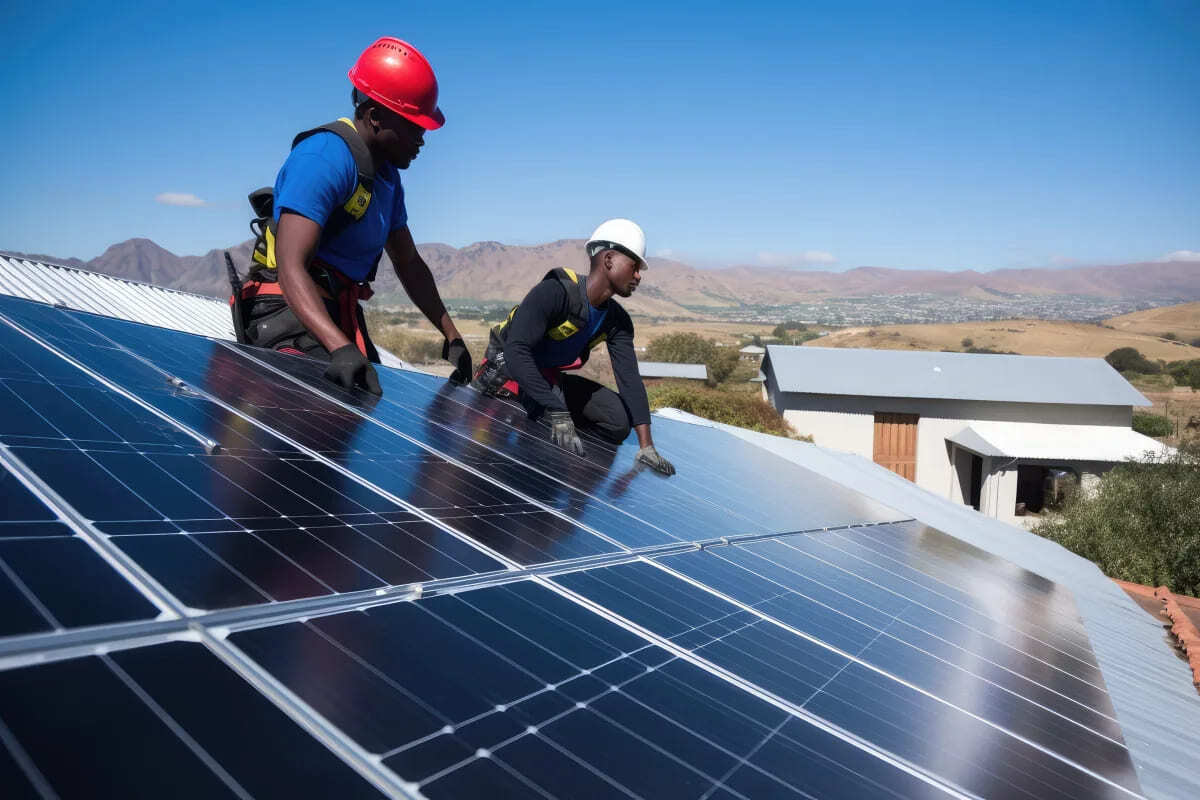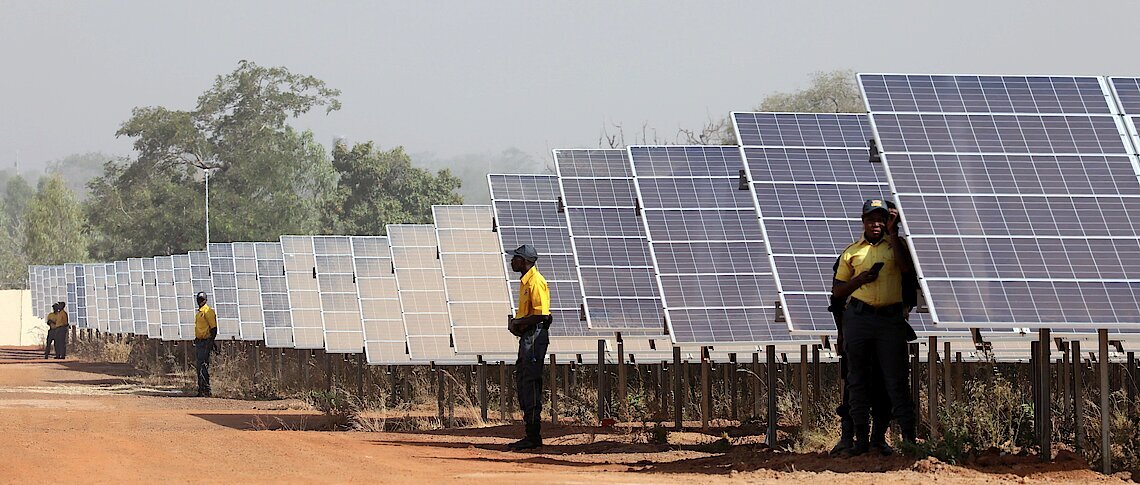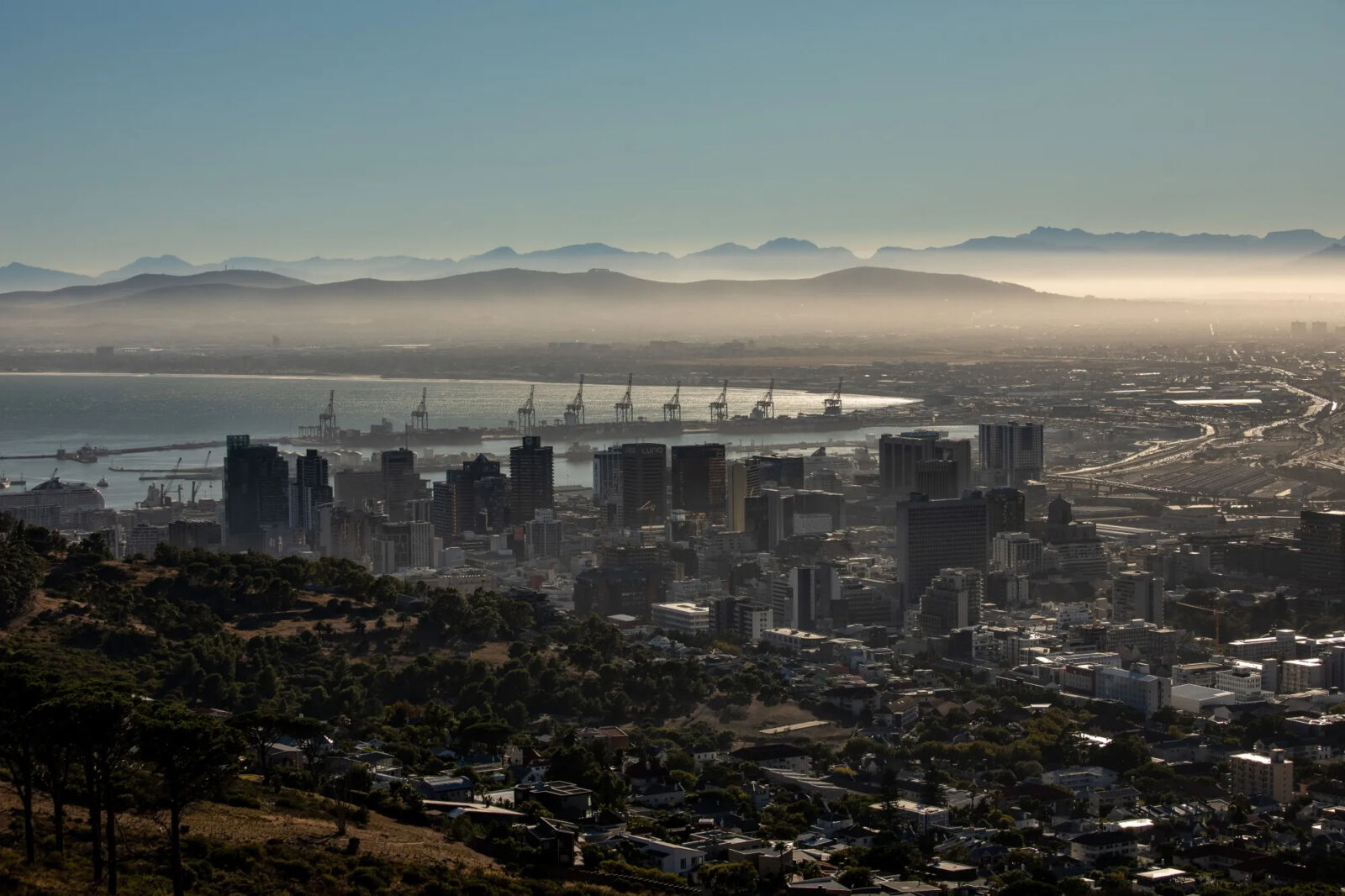Africa's energy transition must be people-centric, not only infrastructure-led.
Learning from Asia Pacific's journey, the pathway to meaningful climate action and economic resilience is paved by investing in people, workers, youth, SMEs, and communities, backed by flexible funding, collaboration, and outcome-driven platforms.
Why Africa's Energy Transition Needs People, Not Just Assets
With the energy transition agenda sweeping across more than 50 African countries, the continent faces extreme climate vulnerability and rapid population growth.
Despite contributing the least to emissions, Africa experiences the harshest effects and hosts the world's largest youth population.
The Boston Consulting Group/AVPN report argues: focusing solely on infrastructure or technology is short-sighted.
Real transformation demands frameworks that put people, workers, consumers, and small businesses at the centre.
Lessons From Asia – Risks and Opportunities for Africa's Model
Asia Pacific accounts for 50% of global carbon emissions and offers strategic lessons. While aggressive grid investments, climate adaptation, and green job creation have driven growth, less than 1% of energy transition funding directly supports workers, SMEs and vulnerable groups.
This imbalance threatens to deepen inequalities, drive unemployment, and delay the African Energy Transition. For Africa, diverse transition stages require tailored frameworks, with attention to jobs, unit costs, local content, and differentiated policies.
| Region | Key Metric | APAC Experience | Africa's Need |
|---|---|---|---|
| Emissions share | ~50% (APAC) | High-tech investment | SMEs, green skills |
| Youth share | ~55% (APAC & Africa) | Target upskilling | Inclusive talent agenda |
| SME jobs | Up to 70% employment | Underserved by funding | Innovative SME support |
| Energy investment | Infrastructure-led | People under-prioritized | Shift toward social levers |
In South Africa, city-level job mapping and transition planning suggest the need for African cities to consider community impacts alongside national policies and incentives.
Mapping the People Pathway – Green Skills, SMEs, and Shared Benefits
A truly complete energy transition in Africa involves:
- Green skills training for young workers to access the jobs of the future
- SME support with catalytic and concessional finance to scale clean tech and services
- Community involvement in transition planning, prioritising affordable, reliable access
- Transparent frameworks to track impact - health, education, income, and participation
| Stakeholder Group | Essential Need/Support | Desired Long-Term Outcome |
|---|---|---|
| Workers | Protection, upskilling | Employment security |
| Communities | Local diversification support | Economic resilience |
| Consumers | Affordable, reliable energy | Social inclusion |
| SMEs | Flexible finance, tech transfer | Innovation, competitiveness |
Launching Platforms, Data, and Collective Action for Impact
BCG's recommendation for Asia, the ASCENT platform, can inspire Africa: convene stakeholders, create repositories of best practices, match funders to unbankable projects, and drive capacity-building for green jobs and SMEs.
Governments must set up central agencies, align education to transition skills, and empower local actors. Philanthropies, banks, and NGOs should deliver catalytic finance, awareness, and technical support for proof-of-concept initiatives.
| Solution | How It Works | Key Impact Metric |
|---|---|---|
| ASCENT model | Multi-actor convening/funding | Projects funded, jobs created |
| National agencies | Policy and education overhaul | Skills mapped, jobs filled |
| Community NGOs | Literacy/outreach, delivery | Local project uptake |
| SME pipeline | Blended finance, tech support | Innovation, revenue growth |
Infographic: The People-First Transition Blueprint
| Lever | Next Step | What Success Looks Like |
|---|---|---|
| Skill-building | Map, train, upskill youth | 1M+ green jobs created |
| SME empowerment | Launch catalytic, concessional funding | Over 10,000 SMEs transitioned |
| Community inclusion | Integrate into project design | Diversity in energy access |
| Impact tracking | Collect, analyse, and report open data | Health, education, jobs |
Path Forward – Africa's Energy Leap: Powering People Before Infrastructure
Africa has a rare chance to redefine its energy transition by learning from Asia's mistakes, by placing people at the centre, not just power plants. True progress lies in aligning innovation with inclusion, ensuring energy systems empower communities rather than burden them.
Financiers, policymakers, and innovators must build frameworks that reward skills, SMEs, and leadership rooted in transparency.
Success will not be measured in megawatts or cables stretched across deserts but in millions of citizens gaining access, resilience, and opportunity through a people-first transition.
Summary Table: Transition Priorities & Solution Directions
| Priority | Action | Measurable Impact |
|---|---|---|
| Skills/Jobs | Youth green jobs | Fewer NEETs, new opportunities |
| SME Access | Flexible finance | More entrepreneurs, diversity |
| Reliability | People-focused design | Energy, health, livelihoods |
| Collaboration | Collective platforms | Economy-wide, lasting change |
At Sustainable Stories Africa, we believe an authentic, people-driven energy transition requires leadership from within the continent, and storytelling that reflects African realities.
That's why we invest our time and resources in shaping the "African Energy Transition" experience, amplifying the voices and lessons that matter most for resilience, prosperity, and inclusion.
As António Guterres, UN Secretary-General, charged in his "Moment of Truth" address,
"...It is a disgrace that the most vulnerable are being left stranded, struggling desperately to deal with a climate crisis they did nothing to create. We cannot accept a future where the rich are protected in air-conditioned bubbles, while the rest of humanity is lashed by lethal weather in unlivable lands. We must safeguard people and economies."
Africa must heed Simon Stiell's powerful warning from the COP28 opening speech:
"We decide at what point we will have made everyone on the planet safe and resilient. If we do not signal the terminal decline of the fossil fuel era as we know it, we welcome our own terminal decline. Science tells us we have around six years before we exhaust the planet's ability to cope with our emissions."
The continent's path forward requires action, transparency, and a relentless commitment to justice. We stand with those urging urgent, collective, and locally grounded energy transition, ensuring future generations inherit not only innovation and infrastructure, but genuine opportunity, security, and dignity.

